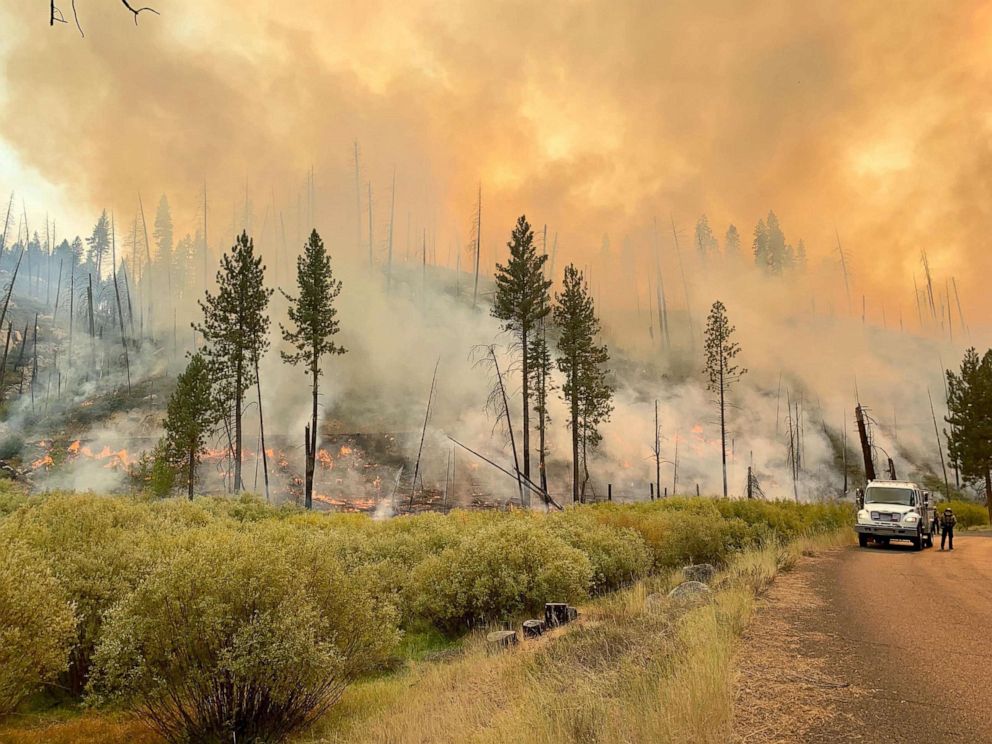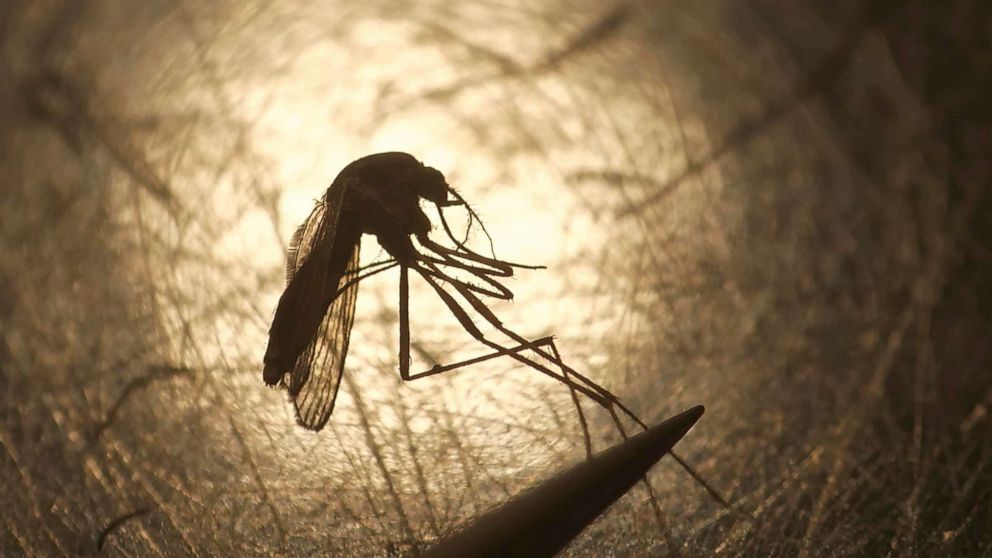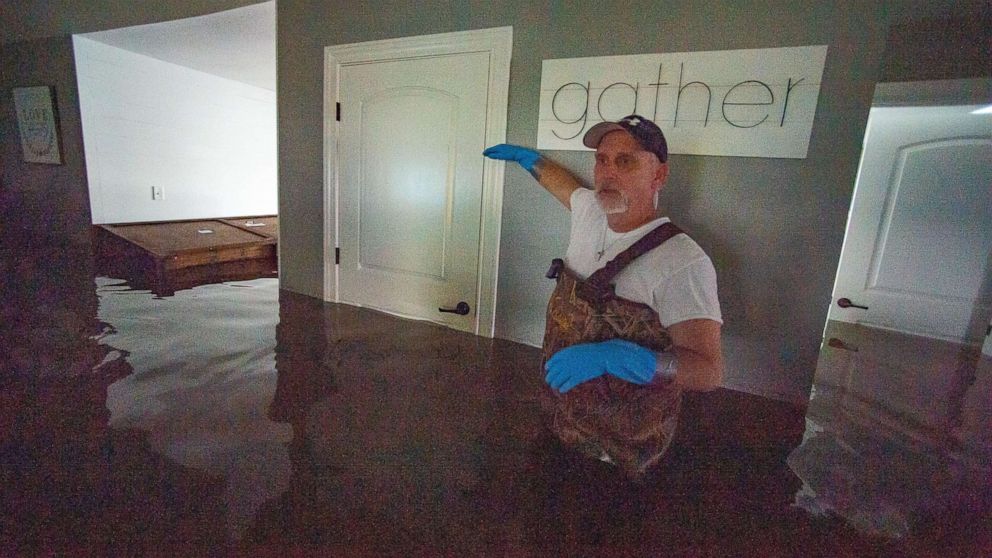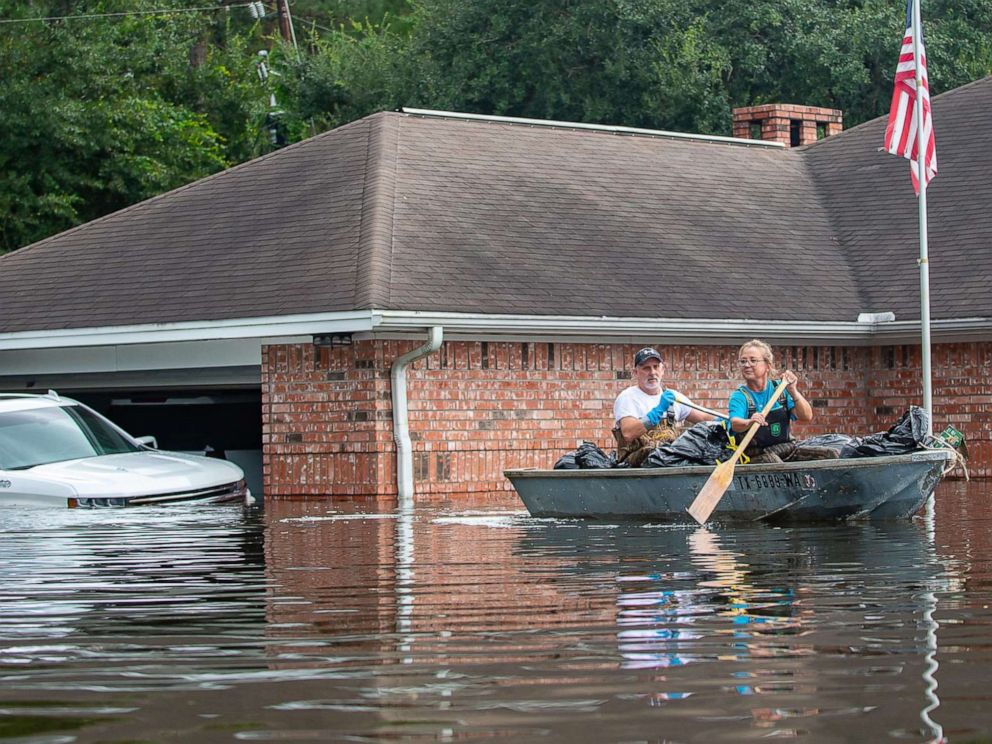Climate change — marked by rising sea levels, ice loss and extreme weather — is accelerating, according to a new report, which found that the five-year period between 2014 and 2019 was the warmest on record.
Interested in Climate Change?
The report, which was released by the intergovernmental World Meteorological Organization days in advance of the United Nations Climate Action Summit in New York, recommended nations take swift carbon-cutting action to combat the crisis. While climate change’s environmental effects are well-documented, it’s not just the planet that stands to suffer as climate change intensifies, explained Joy Shumake-Guillemot from the WMO.
The climate crisis is also a public health crisis.
“We are seeing health impacts of climate change worldwide, in ways that affect almost everyone’s health in some way,” Shumake-Guillemot said.
“It concerns us that global trends of increasing extreme events and temperatures are only going to continue to drive up these types of health risks, making swift climate action and preparedness a global imperative,” she added.
As the Earth warms, extreme weather events, increased disease risk and even compromised health facilities could become more common. Here’s what we may face:

Disease-carrying insects, and their habitats, spread
Increasing temperatures, rainfall and humidity create an ideal habitat for disease-carrying mosquitoes, one of the deadliest predators for humans. Malaria, a mosquito-borne illness, killed 438,000 in 2015 alone, according to the World Health Organization and the insects carry Zika and West Nile viruses among others.
As parts of the world warm, mosquito and tick habitats are expanding.
“Insects and their expanding habitats are right at the top of the list,” Dr. William Schaffner, professor of preventive medicine at the Vanderbilt University School of Medicine, said of his biggest health concerns related to climate change.
Where insects thrive, infectious diseases like Zika, West Vile, dengue, yellow fever, chikungunya and the tick-borne Lyme disease inevitably follow.
“On the tail of insects, you get introduction of new infectious disease into environments that hadn’t seen them before,” Schaffner said.
For instance, two invasive species of mosquito that carry Zika and other viruses have been found in California as far north as Sacramento, according to Kaiser Health News. The mosquitoes were found in the LA-area in 2011 and have since spread northward, the report said. However, there have been no cases of Zika transmitted in the US so far this year, the CDC said.
And the CDC said that the impact of climate change on mosquitoes and other vectors in the U.S. remains to be seen. “Whether a changing climate in the U.S. will increase the chances of domestically acquiring diseases such as dengue fever is uncertain due to vector-control efforts and lifestyle factors, such as time spent indoors, that reduce human-insect contact,” the agency said.

More heat- and cold-related deaths from extreme temperatures
Extremely hot and extremely cold weather — both predicted impacts of climate change, according to some scientists — increase the risk of health problems like heat stroke, dehydration, hypothermia and frostbite.
In extreme weather, vulnerable populations, like older people living alone and homeless individuals who are exposed to the elements, may be especially susceptible to the heat and cold. During a heat wave in Europe in 2003, for example, 70,000 excess deaths were recorded, according to the World Health Organization.
Per the WHO, extreme heat can also trigger higher levels of pollen, which can exacerbate conditions like asthma.
And according to the non-profit Natural Resources Defense Council, heat waves have been the top cause of fatalities in the U.S. “on average” over the past three decades.
Air pollution triggers battery of health problems
Air pollution kills more than 7 million people around the globe every year, and is linked to health problems like heart disease, stroke, cancer and respiratory illness.
Because air pollution can travel very long distances under certain conditions, individual country policy is no match for worldwide air pollution. Air pollution that originated in China has been linked to deaths in the United States and Western Europe.
Premature deaths in China have similarly been tied to production there for U.S. and Western European markets. Pollution associated with international trade is far greater than pollution that travels through the atmosphere.
Among the worst carbon pollution offenders are China, the United States, India, Russia and Japan.

“The countries that are contributing the least are suffering the most,” Barry Levy, an adjunct professor of public health at Tufts University School of Medicine pointed out. The United States, for instance, backed out of the Paris Climate agreement and the Trump administration said that it will revoke a waiver that allows California to set its own, stricter emissions standards.
“These health risks are not spread equally around the world, or even within countries,” Levy added. Experts say poorer nations in West Africa and the Horn of Africa are likely to feel the most impact.
Mental health disorders and violence in the wake of hurricanes and floods
Extreme weather increases the likelihood and severity of disasters like hurricanes, floods and wildfires.
“As [Earth] gets warmer, it completely changes the ecology of the planet,” said Nikos Vasilakis, a professor at the University of Texas Medical Branch.
“Water may be encroaching on coastal cities,” he added.
And when critical health facilities and infrastructure are damaged by weather events like flood and storms, critical health services aren’t always available when they’re needed most, Shumake-Guillemot explained. After Hurricane Maria hit Puerto Rico in 2017, for example, patients on dialysis struggled to get treatment when a hospital building was damaged in the storm.

If populations are forced to move because of extreme weather exacerbated by climate change, social and political instability and mental health consequences often follow. “Any kind of change is traumatic,” Schaffner said, noting that disruption can be particularly hard on older people who have settled into a comfortable way of life.
“If that’s disrupted, they can have a hard time adjusting physically and mentally,” he said. In the worst-case scenarios, that disruption can prompt anxiety, depression, despair and even suicide.
According to the CDC, disasters increase mental illness, even in those with no prior history, as well as increase the risk of pre-term birth and other maternal health conditions.
Extreme heat also exacerbates some mental illnesses, the CDC says, including increasing suicide rates and potentially impacting those with schizophrenia “because their medications may interfere with temperature regulation or even directly cause hyperthermia.”
It’s all the more reason that urgent action is needed now, Vasilakis stressed. “We need to realize that global warming is real and take action before it’s too late, or our kids and their kids will be suffering in the near future,” he said.
Source: Read Full Article



